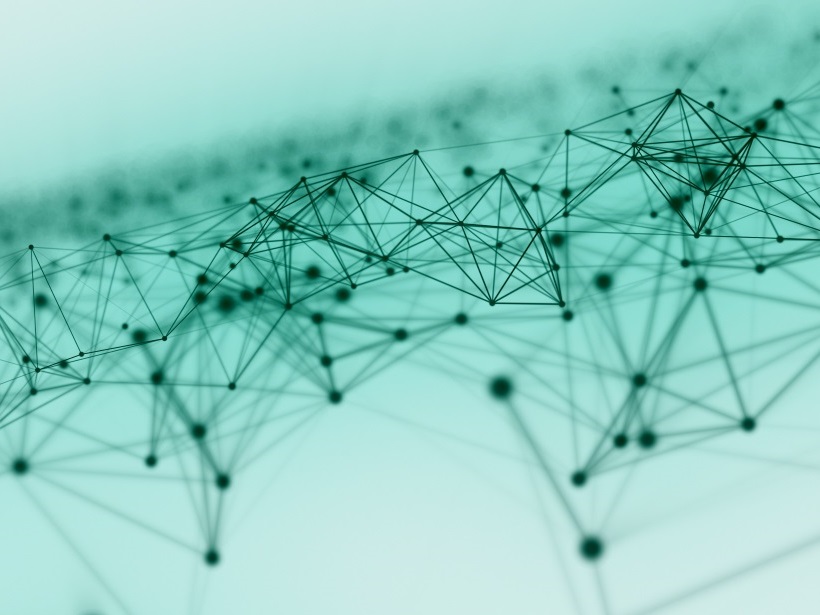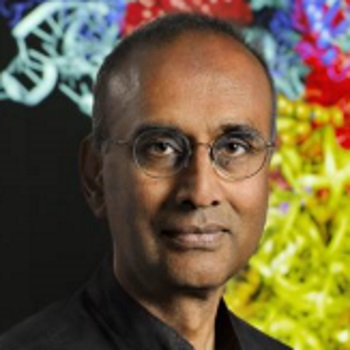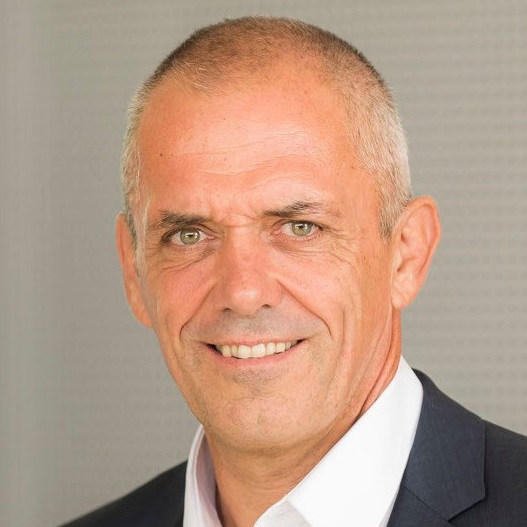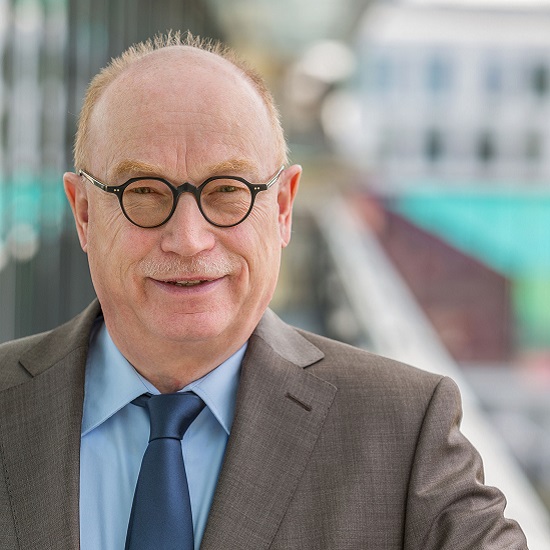Links to external sources may no longer work as intended. The content may not represent the latest thinking in this area or the Society’s current position on the topic.
Making Europe a leader in AI: in conversation with Venki Ramakrishnan, Antoine Petit and Martin Stratmann

An international interactive online event organised by the Royal Society, the Centre National de la Recherche Scientifique (CNRS) and the Max Planck Society.
Artificial intelligence (AI) technologies have made rapid advances in the last decade, opening possibilities for new applications in healthcare, transport, education, science, and more. Europe has been at the forefront of considering the social and ethical implications of AI, and advancing research in these areas could help ensure that high quality AI research continues to have a strong home in Europe.
In this event Venki Ramakrishnan, President of the Royal Society, Antoine Petit, Chairman and Chief Executive Officer of the Centre National de la Recherche Scientifique (CNRS), and Martin Stratmann, President of the Max Planck Society, will discuss the opportunities for European collaboration in the field of AI. They will explore the potential for Europe to be an attractive and leading research destination for AI.
This international virtual interactive event took place on 7 October 12pm BST and lasted for approximately 60 minutes. For an overview of the main points of discussion at the event, read this summary note (PDF).



